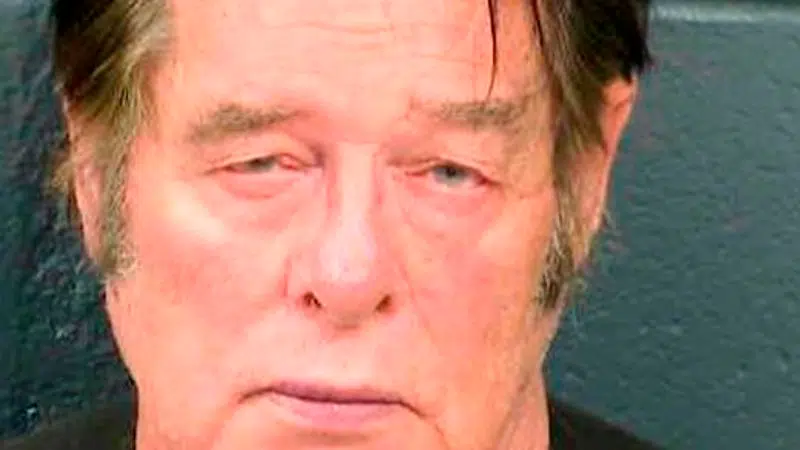
No bail for border militia group leader on weapons charge
ALBUQUERQUE, N.M. — A federal magistrate judge ordered the leader of an armed group that detained asylum-seeking families near the U.S.-Mexico border to remain jailed Monday as he awaits trial on a federal firearms charge.
Larry Mitchell Hopkins pleaded not guilty to being a felon in possession of firearms and ammunition during a detention hearing that was delayed earlier in morning because the federal courthouse in Albuquerque was abruptly evacuated. The U.S. Marshals Service said it could not provide information hours later on why the courthouse was cleared. It reopened shortly after noon.
Hopkins, 69, clad in a grey jumpsuit and shackled at the waist, wrists and ankles, inched across the courtroom as an officer helped him down a step and escorted him out of the courtroom where he had been waiting to appear before the judge.
